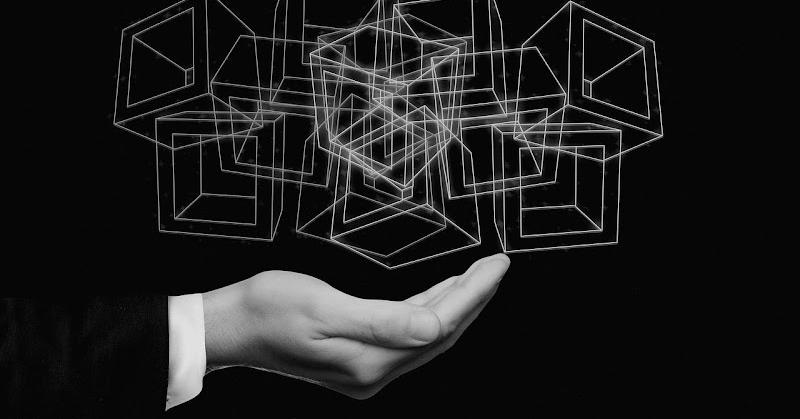In the growing world of video games, there’s a new player on the field: blockchain. You may associate this technology primarily with cryptocurrencies, but its applications in the gaming industry are as expansive as the virtual universe in your favorite game. Let’s find out more about why understanding blockchain is crucial for every gamer out there.
A Revolution in Asset Ownership
Blockchain gaming introduces a unique concept: true digital ownership. This isn’t just about having a digital copy of a weapon or character skin. Instead, blockchain allows gamers to possess these assets in a manner that they can prove, transfer, or even sell. How? Each item becomes a distinct token on the blockchain, verifiable and indisputable. Gone are the days of game companies holding all the cards: blockchain gives some of the power back to the players.
Trust and Transparency in Gaming
If there’s one thing gamers value, it’s fair play. With blockchain’s transparent ledger system, every in-game transaction is recorded. This means that gamers can verify every purchase or trade, ensuring transparency in transactions. Whether you’re trading rare items or purchasing add-ons, the process becomes more open and trustworthy.
The Rise of Play-to-Earn
Financially benefitting from gameplay isn’t a novel idea (think streaming or eSports). But blockchain introduces an even broader audience to this concept. By integrating blockchain, games can now offer real-world value for in-game accomplishments. Whether you’re completing quests, discovering rare items, or winning battles, there’s potential for tangible rewards. And it’s not about mining cryptocurrency but about earning valuable tokens that can be traded or cashed out.
Secure and Immutable Records
Online games, especially massive multiplayer ones, have histories. Player scores, achievements, and rankings all contribute to a game’s ecosystem. With blockchain, these records are immutable. This secures a player’s legacy and ensures their achievements aren’t tampered with or deleted. In an industry where reputation and bragging rights matter, having an unfalsifiable record of your achievements is invaluable.
Decentralized Gaming Platforms
Traditional gaming platforms often function under a centralized authority. While they’ve served us well, blockchain offers a different, decentralized approach. This structure promises fewer restrictions, reduced censorship, and a more inclusive gaming ecosystem. For game developers, especially indie creators, this means more freedom. For players, it translates to a wider range of innovative and unconventional games.
Enhancing Trade and Commerce in Virtual Economies
Virtual economies are an integral part of many modern games, and blockchain magnifies their potential. Traditionally, in-game transactions are restricted within the confines of the game. With blockchain, these barriers are broken down. Players can safely and transparently trade items across different platforms and even games. Imagine using a weapon earned in one game within another or selling a rare artifact not just within your game but to a wider audience outside of it. Blockchain facilitates and broadens the horizon of in-game commerce, making every item more valuable and every transaction more significant.
When it comes to the gaming industry, the implications of blockchain are vast and transformative. From genuine asset ownership to play-to-earn models, the incorporation of blockchain is reshaping gaming at its core.
